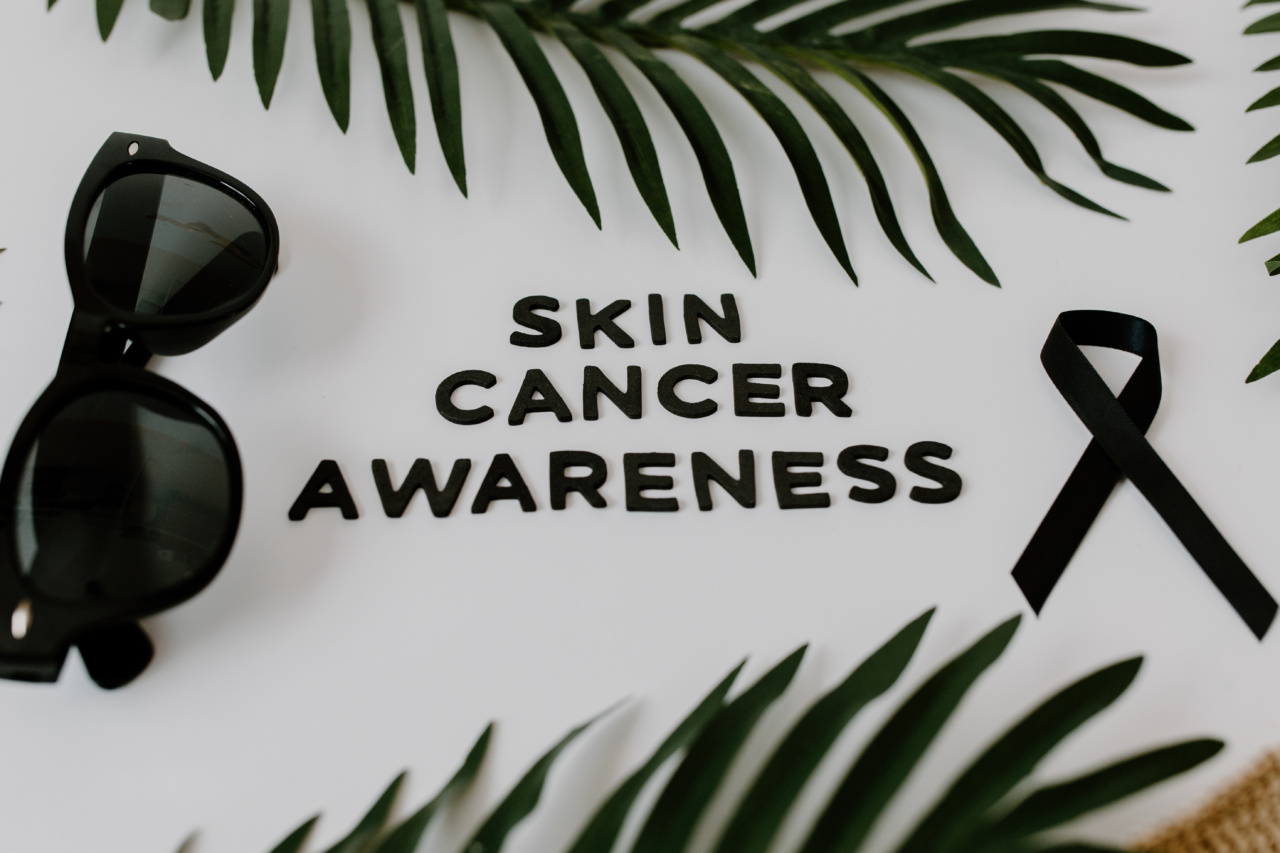Skin cancer is one of the most prevalent types of cancer around the world. Protecting your skin from harmful UV radiation should always be a top priority.
While traditional methods like sunscreen and protective clothing are effective, there are also several revolutionary tactics you can employ to enhance your skin’s defense against cancer.
1. Embrace the Power of Antioxidants
Antioxidants play a crucial role in safeguarding your skin against the damaging effects of free radicals. Incorporate antioxidant-rich foods into your diet, such as berries, leafy greens, and nuts.
Additionally, skincare products enriched with antioxidants can provide an extra layer of protection and prevent oxidative stress.
2. The Rise of DNA Repair Enzymes
DNA repair enzymes are a breakthrough in the fight against skin cancer. These enzymes repair and minimize the potential damage caused to your DNA by UV radiation.
Look for skincare products containing DNA repair enzymes to enhance your skin’s ability to recover and prevent cancerous cells from developing.
3. Opt for Innovative Sunscreen Formulas
Sunscreen is a tried-and-true method for shielding your skin from harmful UV rays. However, revolutionary advancements have led to the creation of innovative sunscreen formulas.
Look for sunscreens that offer broad-spectrum protection against UVA and UVB rays and are water-resistant. Some new formulas even provide additional benefits like hydration, anti-aging properties, and pollution protection.
4. Harness the Potential of Nanotechnology
Nanotechnology has revolutionized numerous industries, and skincare is no exception. Nanoparticles in sunscreens can offer enhanced protection by providing better coverage and improved UV ray blocking capabilities.
Moreover, these nanoparticles are often transparent, eliminating the white cast commonly associated with traditional sunscreens.
5. Consider Photodynamic Therapy
Photodynamic therapy (PDT) is an innovative treatment option for certain types of skin cancer. It involves applying a photosensitizing agent to the affected area, which is then activated by light.
PDT can selectively target cancer cells, making it a highly effective tactic for treating skin cancer while minimizing damage to healthy tissue.
6. Protect Your Skin from the Inside Out
In addition to external protection, improving your skin’s defense against cancer includes nourishing it from within. Include skin-loving nutrients in your diet such as vitamins A, C, and E, as well as omega-3 fatty acids.
These nutrients help strengthen your skin’s natural protective barrier and promote overall skin health.
7. Stay Hydrated for Healthy Skin
Proper hydration is key to maintaining healthy skin and reducing the risk of cancer. Drinking an adequate amount of water throughout the day ensures your skin remains hydrated, allowing it to function optimally as a protective barrier.
Moisturizers with hydrating ingredients can also provide an additional layer of defense against skin damage.
8. Mindful Clothing Choices
Your clothing choices can significantly impact your skin’s protection against cancer. Opt for tightly woven fabrics that provide adequate coverage and block UV radiation.
Dark-colored clothing and garments with UPF (Ultraviolet Protection Factor) ratings can offer even more effective protection against the sun’s harmful rays.
9. Perform Regular Skin Self-Exams
Early detection is crucial to successfully treating skin cancer. Make a habit of regularly examining your skin for any changes or abnormalities.
Look out for new moles, changes in size, shape, or color of existing moles, and any unexplained sores or spots. If you notice anything suspicious, consulting a dermatologist is imperative for timely diagnosis and treatment.
10. Be Sun-Smart in Every Season
It’s important to prioritize sun protection throughout the year, not just during the summer months. UV radiation can still damage your skin on cloudy and cold days.
Keep in mind that snow, water, and sand can reflect UV rays, increasing your exposure. Regardless of the season, always apply sunscreen and take necessary precautions to safeguard your skin.



























